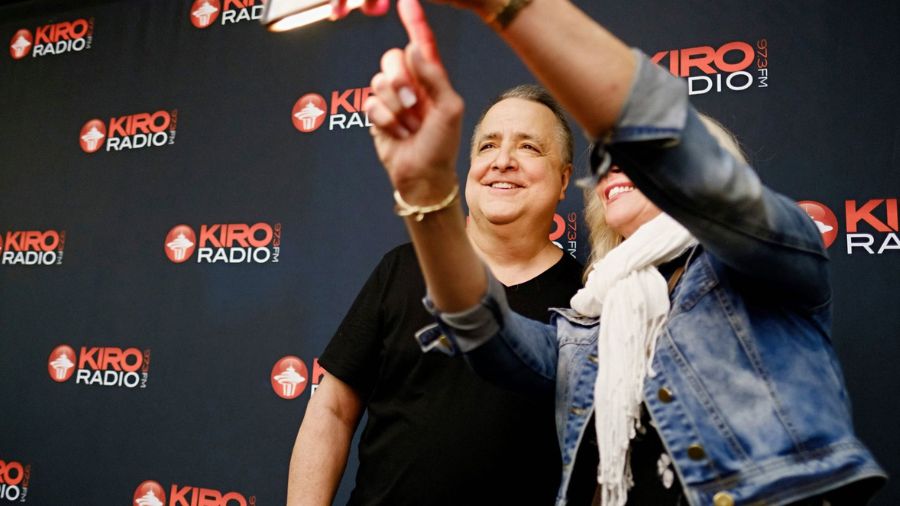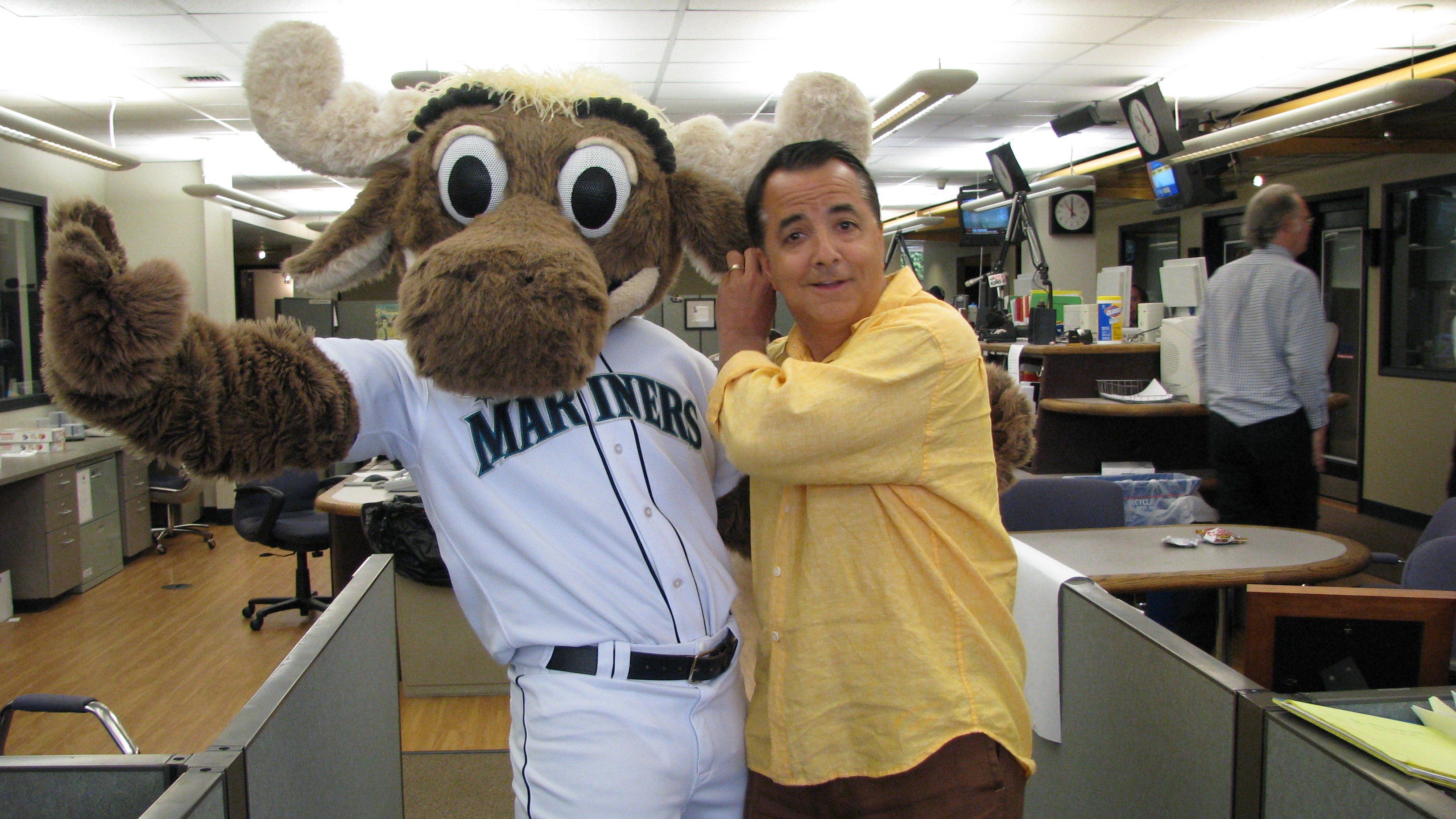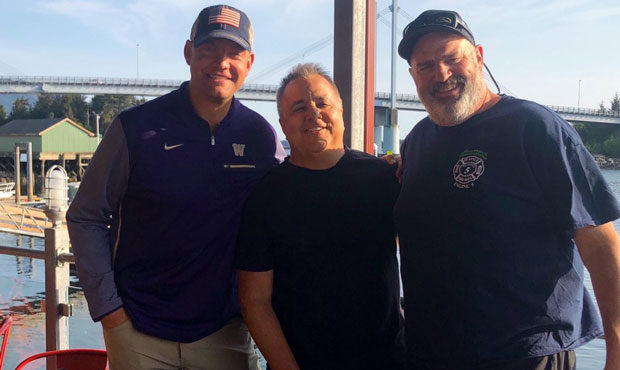Portland environmentalist: Human extinction only way to save Earth
Jan 17, 2020, 5:18 PM

Les Knight believes that humans are destroying the Earth for all of the other creatures who inhabit it. (AP Photo/Noah Berger)
(AP Photo/Noah Berger)
Environmentalists have many ideas for saving the Earth’s animals and plants from climate change, but Portland-based environmental advocate Les Knight has a unique view on what the solution is — human extinction.
Knight leads the Voluntary Human Extinction movement, which advocates for allowing the human race to die out so as to make room for all of the Earth’s other creatures.
“Everywhere that we have left has flourished … if we would leave areas for other species, then they do very well without us,” Knight said, pointing out that since humans had to leave Chernobyl, Ukraine due to the nuclear disaster, other animals such as bears have come back to the area.
It’s an idea that he has advocated for for decades, before climate change began to be seen in headlines. Knight had a vasectomy as a young man so that he personally would not contribute to population growth.
We are on a path to extinction, says former Microsoft exec
“We are causing the sixth great extinction — hundreds of thousands of species are going extinct because of us — and if we phase ourselves out voluntarily, we won’t go involuntarily in the great collapse that is bound to come,” he said.
Knight sees his own existence as a net loss for the planet. He believes that if humans no longer have babies, but rather die out slowly, then animals will be able to regain their habitats.
“Once we’re here, I don’t think checking out early is going to do much good — we may as well just live our lives out,” he said. “The difference is between creating another of us or just living our lives out.”
The human extinction movement’s slogan is, “May we live long and die out.” Having children does not prevent a person from joining the group.
“What we are doing, collectively, to the biosphere shows that we really do not appreciate it enough,” he said of humans.
He insists that his outlook is optimistic, solving a problem before it becomes a much worse one. And besides, he added, a slow human extinction could bring a benefit for traffic-weary Seattleites.
“Imagine, you could have a parking space wherever you went,” he said.
Listen to the Dori Monson Show weekday afternoons from 12-3 p.m. on KIRO Radio, 97.3 FM. Subscribe to the podcast here.













